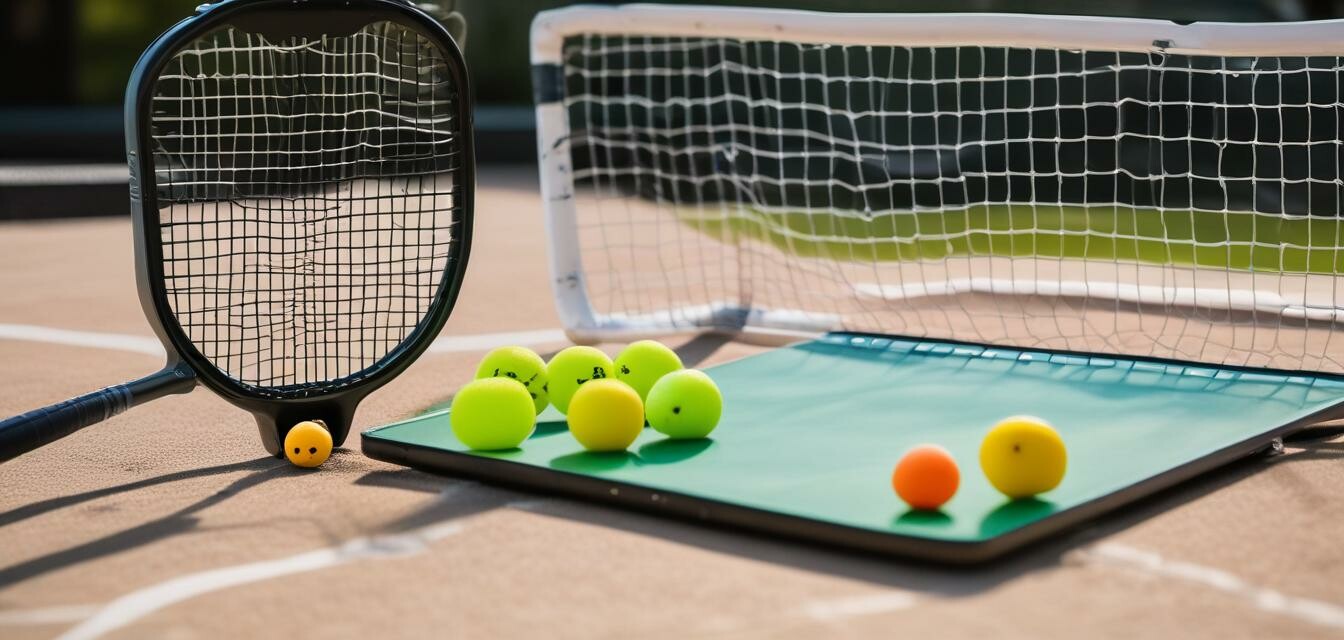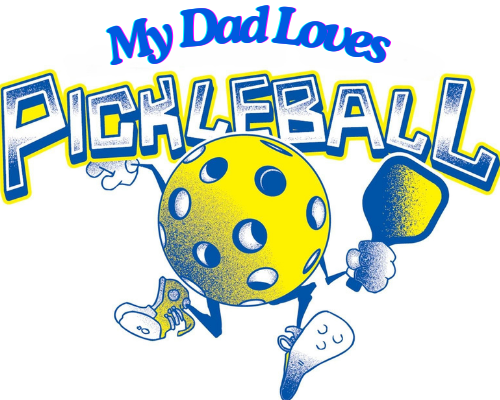
How to Create a Balanced Training Regimen for Pickleball
Key Takeaways
- Incorporate skill work, fitness, and recovery into your training.
- Develop a training schedule that fits your personal goals and time availability.
- Utilize drills that improve specific pickleball techniques.
- Include cross-training options to enhance overall fitness.
- Allow for recovery days to prevent burnout and injury.
Designing a comprehensive training regimen for pickleball can elevate your performance on the court. Whether you are a seasoned player or just starting, having a structured routine that balances skill work, fitness, and recovery is essential for growth and success in the game. This article to dive into effective strategies for creating a well-rounded training schedule tailored to your personal goals.
Understanding the Components of a Balanced Training Regimen
A successful training program should include three key components:
- Skill Work: Focuses on developing your technical abilities.
- Fitness: Enhances your physical condition to support your skills.
- Recovery: Allows your body to heal and adapt to training stress.
1. Skill Work
Skill work is critical to improving your game. This includes specific drills for your footwork, serves, volleys, and overall strategy. Here are some effective skill drills:
| Drill | Description | Frequency |
|---|---|---|
| Wall Bouncing | Practice hitting the ball against the wall, focusing on accuracy and speed. | 3 times a week |
| Shooting | Set up targets on the court and aim to hit them while serving. | 2 times a week |
| Partner Rally | Work with a partner to improve consistency and placement in your shots. | 2 times a week |
2. Fitness
Your physical fitness greatly impacts your performance in pickleball. A fitness regimen should include cardiovascular, strength, and flexibility training.
Cardiovascular Training
Good aerobic conditioning helps maintain your stamina on the court. Consider integrating:
- Jogging or running 2-3 times a week.
- Circuit training for endurance and strength.
Strength Training
Building muscle strength aids in powerful shots. Key exercises include:
- Resistance band workouts for upper-body strength.
- Bodyweight exercises (push-ups, squats) to enhance core stability.
Flexibility Training
Being flexible reduces the risk of injuries. Incorporate:
- Static stretching post-workout.
- Yoga sessions once a week.
Creating Your Training Schedule
With skill work and fitness identified, it’s time to create a training schedule. Here’s a sample weekly regimen to help guide you:
| Day | Skill Work | Fitness Training | Notes |
|---|---|---|---|
| Monday | Wall Bouncing | Jogging (30 mins) | Focus on technique |
| Tuesday | Partner Rally | Strength Training | Rest properly |
| Wednesday | Shooting | Yoga | Cardio focus |
| Thursday | Wall Bouncing | Circuit Training | Consistency is key |
| Friday | Partner Rally | Jogging (30 mins) | Skill improvement |
| Saturday | Rest Day | Rest | Recovery essential |
| Sunday | Open Play | Active Recovery | Enjoy the game |
Understanding Recovery Days
Allowing your body to recover is vital for long-term success in pickleball. Here are some tips on how to recover effectively:
- Incorporate light stretching and foam rolling on rest days.
- Ensure you're getting enough sleep to aid recovery.
- Stay hydrated and maintain a balanced diet for nutrient replenishment.
Cross-Training Options
Crosstraining involves engaging in different sports or fitness routines to enhance your overall athleticism. Some effective options include:
- Swimming for low-impact cardiovascular exercise.
- Cycling to improve leg strength and endurance.
- Other racquet sports to refine hand-eye coordination.
Conclusion
By creating a balanced training regimen that focuses on skill work, fitness, and recovery, you can significantly improve your pickleball performance. Customize the sample training schedule presented in this article to fit your personal goals and availability. Remember to listen to your body and adjust accordingly for optimal results.
Pros
- Improves overall pickleball performance.
- Encourages consistent practice and development.
- Reduces risk of injury through recovery days.
- Crosstraining builds versatility in skills.
Cons
- Requires commitment and discipline to stick to the regimen.
- May take time to see significant improvements.
- Potential for burnout if not managed properly.
Explore More Tips
If you want to learn more about pickleball, check out our articles on various tips and tactics, or explore specific training gear in our accessories section that can help you play your best.


